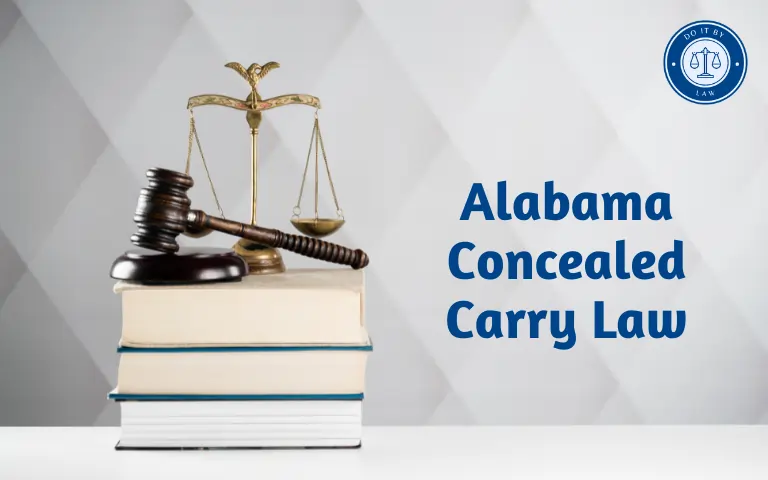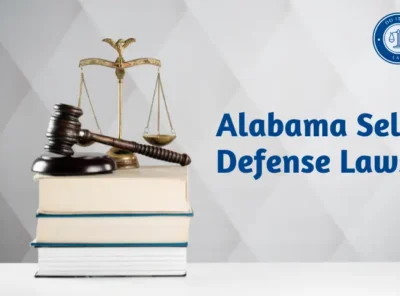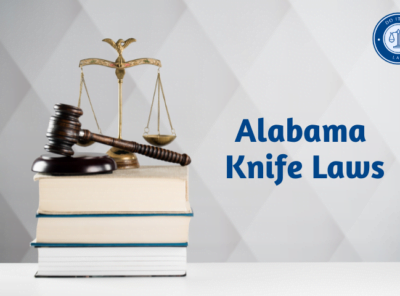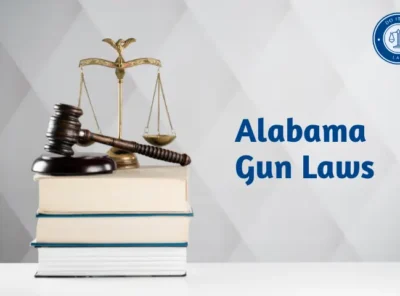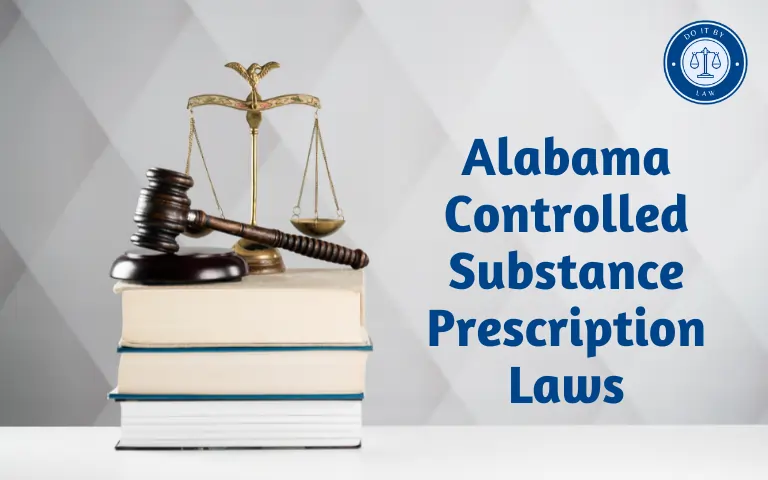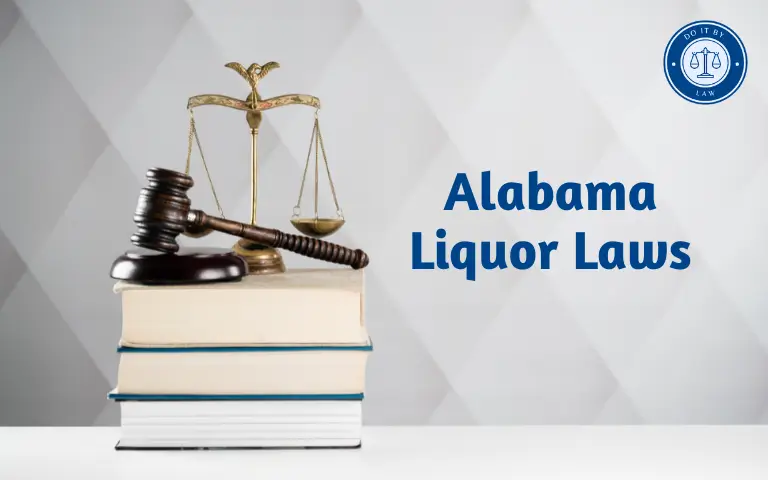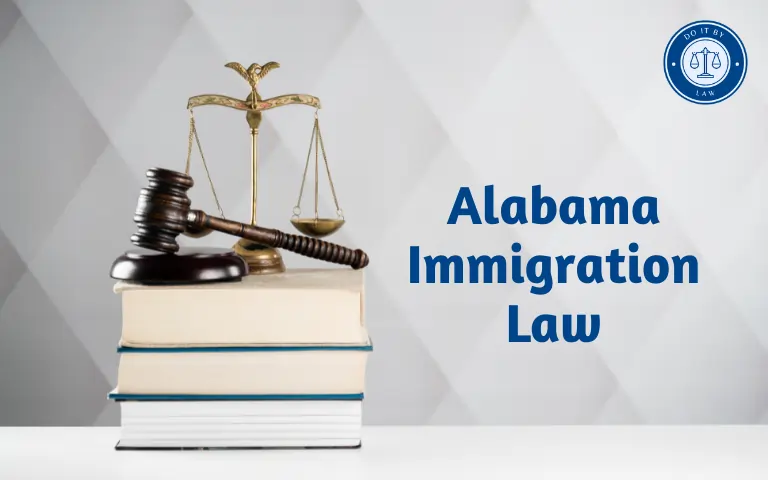Alabama Concealed Carry Law: What You Need to Know
The Alabama concealed carry law outlines the rules, regulations, and requirements for carrying a concealed handgun in public in the state. This law determines who can legally carry a concealed weapon, where they can carry it, how they can obtain a permit, and the penalties for violating the law. Understanding the key provisions of the Alabama concealed carry statute is important for gun owners in the state.
Alabama first passed its concealed carry law in 1936. It was one of the early adopting states to authorize concealed carry permits at the local sheriff’s discretion. The law has been amended over time, with significant changes made in 2013.
The current law allows for “permitless” concealed carry but also has an optional permit system. Anyone legally allowed to possess a handgun can carry it concealed without a permit, as long as they follow certain rules. The permit provides some additional benefits like reciprocity rights in other states.
Who Can Carry Concealed in Alabama
The Alabama concealed carry law applies to legal adult handgun owners age 18 or older. To be eligible, you must:
- Be a legal resident of Alabama or a U.S. citizen visiting the state.
- Not suffer from any physical infirmity preventing safe handgun operation.
- Have not been convicted of a felony or misdemeanor crime of violence.
- Not be subject to a protection order for domestic violence or harassment.
- Not be a current unlawful user of drugs or alcohol.
Those restricted from possessing firearms under state or federal law cannot carry concealed handguns in Alabama.
Carrying a Concealed Handgun Without a Permit
Alabama is a permitless carry state, meaning you can conceal carry without a permit if you meet the eligibility criteria. However, your gun rights are more limited. Here are the key rules for carrying without a permit:
- The loaded handgun must be carried concealed on or about your person. It cannot be in plain view.
- You cannot carry a concealed handgun into prohibited places like schools, courthouses, jails, hospitals, sporting events, demonstrations, establishments with liquor licenses, and private property with signage banning guns.
- The handgun must be wholly or partially covered by an article of clothing, regardless of whether you have it in a holster.
- You do not have concealed carry reciprocity rights in other states.
- In a vehicle, the handgun cannot be on your person. It must be locked out of reach, such as in a glove compartment, console, or trunk.
- If stopped by law enforcement, you must disclose you are carrying concealed and provide your valid ID.
- Violating any of these rules risks misdemeanor charges, seizure of the handgun, and loss of permitless carry rights.
Obtaining an Alabama Concealed Carry Permit
Getting an Alabama concealed carry permit is optional but comes with advantages compared to permitless carry. The steps to getting a permit include:
- Completing an approved firearms safety training course.
- Getting fingerprinted by approved vendors.
- Fill out the concealed carry permit application form.
- Paying the $20 application fee to the county sheriff.
- Passing a background check.
- Have the sheriff issue the permit within 30 days if approved.
Alabama concealed carry permits are valid for 1 to 5 years based on the applicant’s request. The renewal process involves reapplying before expiration. Some counties allow online permit applications.
Benefits of Getting an Alabama Concealed Carry Permit
Choosing to get a concealed carry permit offers certain benefits:
- You can carry concealed into restaurants/bars that serve alcohol, as long as you don’t drink.
- No obligation to immediately inform law enforcement when stopped.
- Reciprocity to conceal carry in states that recognize Alabama permits.
- Ability to conceal carry a loaded handgun in your vehicle.
- exemption from the federal background check when purchasing firearms.
Places Off-Limits In Alabama Concealed Carry Law
Regardless of whether you have a permit, there are a number of prohibited places where concealed weapons cannot be brought in Alabama Concealed Carry Law:
- Schools and school buses
- Courthouses
- Law enforcement and correctional facilities
- Places of worship (without express permission)
- Mental health treatment centers
- State parks (without enhanced carry permit)
- Sports stadiums/arenas
- Establishments that derive the majority of revenue from alcohol sales
- Private property or events that ban concealed weapons through signage
Consequences of Violating Alabama Concealed Carry Law
If you concealed carry a handgun illegally or violate permit rules, you face criminal penalties:
- Carrying concealed into a prohibited place is a Class C misdemeanor punishable by up to 3 months jail time and $500 in fines.
- Not having a permit with you when required is a petty offense with a $50 fine.
- Making false statements on a concealed carry permit application is a Class C felony.
- Drawing or brandishing a concealed weapon during a crime escalates the criminal charges.
In addition to fines, you will face permit suspension or revocation plus seizure of the firearm used illegally.
Recent Changes and Proposals to Alabama’s Concealed Carry Laws
In 2013, Alabama passed major legislation to simplify concealed carry. The law eliminated the requirement for a permit to conceal carry a handgun in most public places. However, lawmakers retained the optional permit system.
Recent proposals in the Alabama legislature would fully recognize concealed carry permits from all other states. Currently, Alabama has reciprocity agreements with 36 states. There is also legislation pending to allow concealed permit holders to be armed on private K-12 school campuses.
Controversy and Complexities of Alabama Concealed Carry Law
While many gun rights advocates praised Alabama’s shift to permitless concealed carry, some sheriffs and law enforcement groups warned it could lead to an increase in violence. Mothers Against Drunk Driving also expressed concern about more guns being allowed in places with alcohol licenses.
Interpreting Alabama concealed carry law and rules has proven complex in certain cases. For example, whether storing a loaded handgun in a vehicle’s console box meets the “concealed on or about the person” standard for permit-less carrying. There is also confusion around carrying concealed guns onto private property or events.
How to Apply for an Alabama Concealed Carry Permit
Follow these steps to obtain an Alabama concealed carry permit:
- Complete an approved firearm safety training course. Many gun ranges and retailers offer courses.
- Get fingerprinted by an approved vendor. Some sheriff’s offices provide this service.
- Fill out the concealed carry permit application form thoroughly. Provide all required personal info.
- Pay the $20 application fee at your local sheriff’s office. Cash, check, or money order accepted.
- Pass the background check. If denied, you can appeal within 30 days.
- Once approved, the sheriff will issue your concealed carry permit within 30 days.
- Permits are valid for 1-5 years based on your request. Renew before expiration.
How to Conceal Carry Without a Permit in Alabama
Here are tips for legally concealed carry without a permit in Alabama:
- Always keep the handgun concealed on your person or stored securely out of reach in a vehicle.
- Avoid any places prohibited even with a permit like schools, courthouses, and police stations.
- Do not carry into private property or events that ban concealed weapons. Look for signs.
- Be prepared to immediately inform law enforcement and provide ID if stopped.
- Never consume alcohol when carrying concealed without a permit.
- Get an Alabama permit for additional rights like loaded carry in vehicles, and reciprocity.
- Consider getting self-defense liability insurance in case of a shooting incident.
Key Takeaways on Alabama Concealed Carry Law
To summarize the main points of concealed carry in Alabama:
- Adults can conceal carry unloaded handguns in public without a permit if they follow certain rules.
- Getting an optional concealed carry permit provides additional rights like carrying loaded guns in vehicles.
- A permit is required to conceal carry in some prohibited places like schools, courthouses, and sports stadiums.
- Carefully review and follow all concealed carry laws to avoid criminal violations.
- Stay up to date on new legislative changes impacting gun carrying rights and restrictions.

